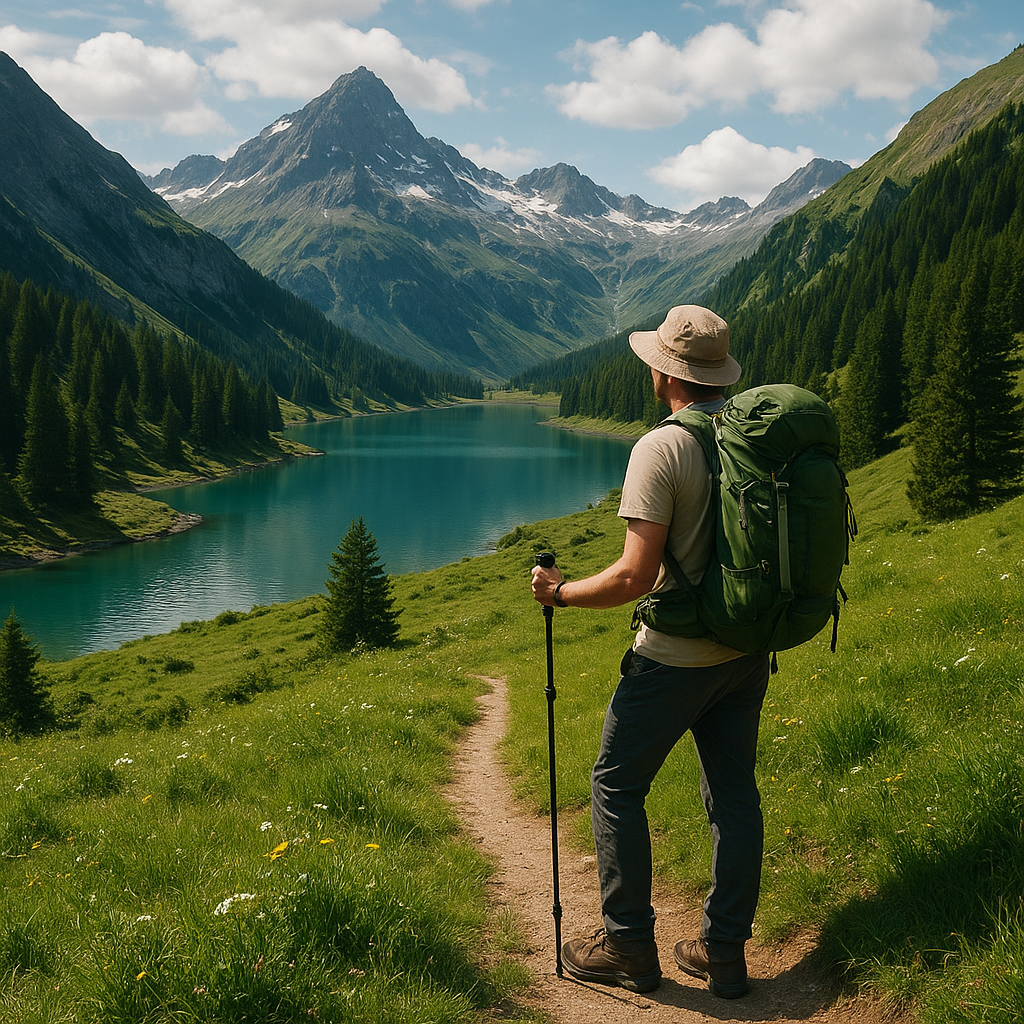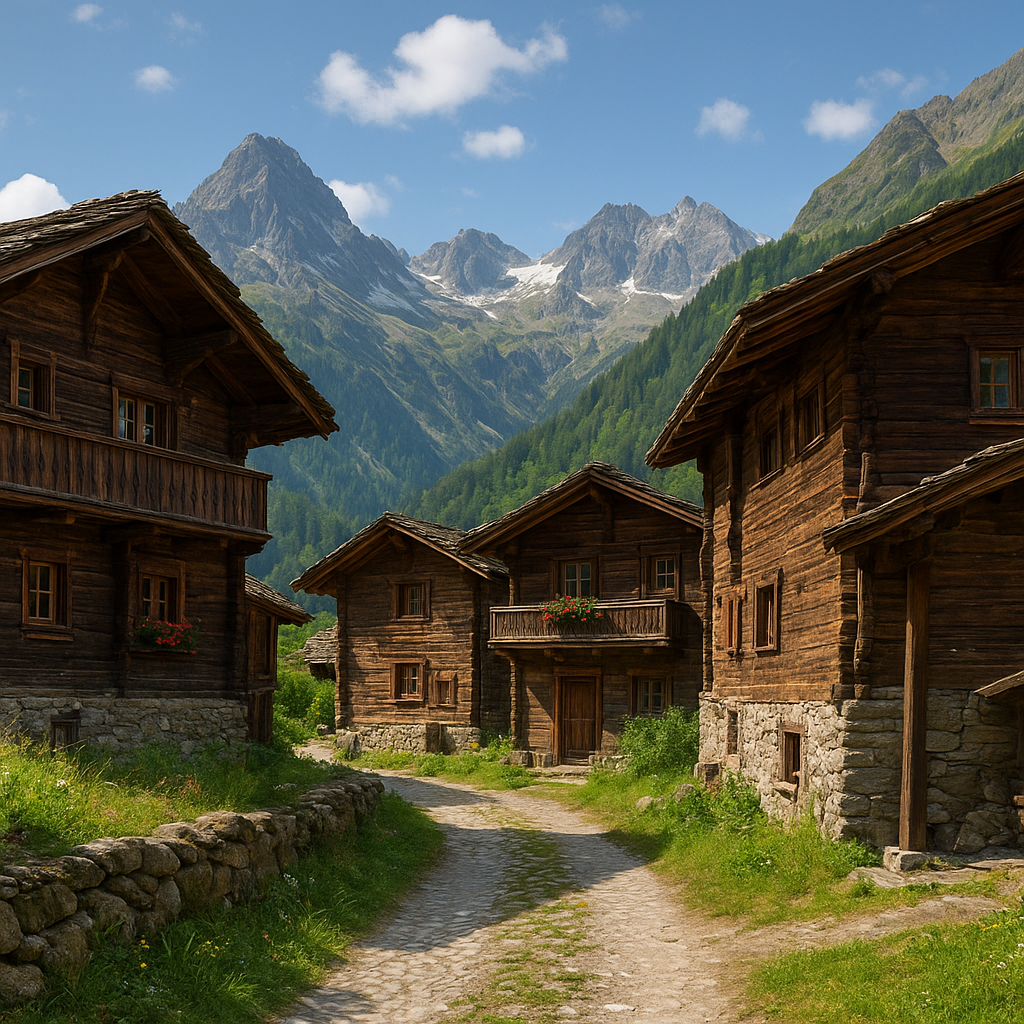
Embarking on a journey through the Alpine region offers an unforgettable blend of towering peaks, verdant valleys, and rich cultural traditions. To ensure that future generations can enjoy this pristine landscape, adopting sustainable practices is essential. This article explores how travelers can minimize their carbon footprint, support local communities, and protect the delicate ecosystems that make the Alps so remarkable.
Planning Your Alpine Trip
Careful preparation lays the foundation for a truly responsible adventure. By researching destinations, transportation options, and accommodations that prioritize environmental stewardship, you can start your trip on the right foot.
Understanding Alpine Biodiversity
The Alpine region is home to an incredible variety of flora and fauna. From edelweiss clinging to rocky ledges to the chamois bounding across slopes, these species are adapted to fragile mountain habitats. Before booking activities, learn about protected areas like national parks and nature reserves. Respecting habitat boundaries and observing wildlife from a distance helps maintain the biodiversity that defines the Alps.
Selecting Sustainable Tour Operators
Look for certified tour companies that follow conservation guidelines. Providers with recognized labels—such as those adhering to the Global Sustainable Tourism Council criteria—demonstrate commitment to low-impact operations. Seek out local guides who share knowledge of traditional practices and work in harmony with local communities. This not only enriches your experience but also channels revenue directly to regional residents.
- Check third-party certifications and green awards
- Read reviews focusing on environmental efforts
- Ask about group sizes; smaller groups reduce ecological pressure
Low-Impact Transportation
Reaching mountain villages without adding excessive emissions is a key step toward eco-friendly travel. The Alps boast extensive rail and bus networks designed to replace car journeys with efficient public options.
Rail Journeys Through Alpine Landscapes
European rail lines like the Glacier Express, Bernina Express, and Mont Blanc Express offer scenic routes while minimizing greenhouse gases. Trains often run on renewable energy, especially in countries such as Switzerland and Austria. By choosing rail over road transport, travelers can admire panoramic vistas without contributing to traffic congestion or air pollution.
Electric and Shared Mobility
In many Alpine towns, electric buses and e-bike rental schemes are becoming commonplace. Embrace these options to explore valley floors and village centers. If you must rent a car, opt for an electric or hybrid model. Car-sharing platforms also allow spontaneous day trips without the burden of private vehicle ownership.
- Plan train connections to match check-in times
- Reserve e-bikes in advance during peak season
- Use mobility apps for real-time scheduling
Eco-Friendly Accommodation and Services
Where you stay and dine has a profound impact on the local environment and economy. Seek out lodgings and eateries that demonstrate a genuine commitment to sustainability principles.
Green Lodging Practices
Many mountain hotels and guesthouses now implement energy-saving measures such as solar panels, high-efficiency boilers, and passive design elements. Confirm whether your chosen property participates in waste reduction programs, recycles, and offers refillable amenities instead of single-use plastics. Look for establishments that purchase local produce and prioritize seasonal menus to decrease transportation emissions.
Supporting Traditional Crafts and Cuisine
Sampling regional specialties such as alpine cheese, cured meats, and mountain honey helps preserve culinary heritage. Attend farmers’ markets or co-ops where you can buy artisanal products directly from producers. This helps sustain authentic traditions and ensures that profits remain within the community.
- Inquire about organic or biodynamic farming partnerships
- Choose rooms with minimalistic designs to reduce resource use
- Participate in on-site environmental workshops when available
Responsible Activities and Cultural Engagement
Discovering the Alps means more than ticking off summits. Engage with local culture and practice outdoor pursuits that respect the fragile mountain setting.
Low-Impact Outdoor Adventures
Hiking, cross-country skiing, and snowshoeing leave lighter footprints than motorized alternatives. Stay on marked trails to avoid disturbing alpine vegetation and nesting birds. When venturing into high-altitude zones, hire certified mountain guides who are trained in safety and environmental ethics. Ensure you carry reusable water bottles and snacks in minimal packaging to reduce waste.
Immersing in Local Traditions
Join village festivals celebrating seasonal changes, such as summer cattle drives (Almabtrieb) or winter torch-lit processions. Volunteer opportunities in conservation projects—like trail maintenance or wildlife monitoring—offer an immersive way to contribute. Respect cultural norms, learn a few phrases in German, French, Italian, or Romansh, and support community-run cooperatives and museums.
- Check wildlife calendars to avoid breeding seasons
- Respect quiet hours in alpine huts
- Share stories with locals and listen to traditional folklore
Maintaining a Lasting Positive Impact
By integrating respect for nature with genuine curiosity about Alpine life, travelers can leave behind only footprints and take away deep appreciation. Adopting green practices—whether through transport, lodging, activities, or cultural engagement—ensures that the pristine peaks and valleys continue to enchant all who journey there.
Embrace the challenge of planning a low-impact expedition. From mountain railways powered by hydropower to local eateries championing farm-to-table ethics, every decision can contribute to the enduring health of the Alpine environment. Your mindful choices today become the legacy of tomorrow’s exploration.

